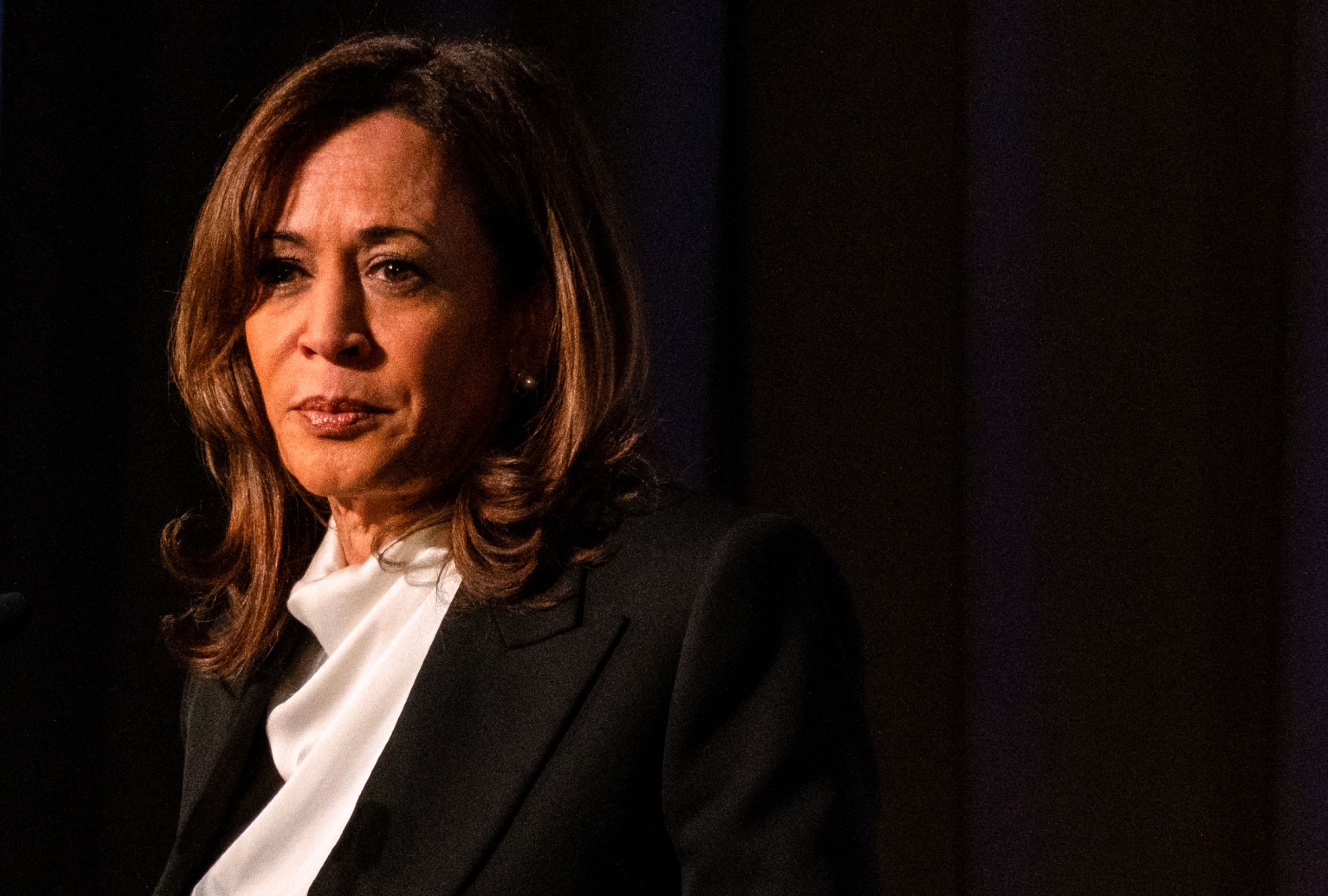Kamala Harris is back in the spotlight with “107 Days,” a memoir chronicling her historically brief 2024 presidential campaign. Released Tuesday, the book offers a day-by-day account of the weeks between Joe Biden’s abrupt withdrawal and Donald Trump’s victory on November 5 — a night Harris says was so devastating she and her husband, Douglas Emhoff, never discussed it until she began writing.
The former vice president worked with Pulitzer Prize–winning author Geraldine Brooks to shape the memoir, which Simon & Schuster CEO Jonathan Karp said reads “like a suspense novel.” Early reviews suggest an uneven result: some critics call it “very readable,” while others dismiss it as “a frustrating slog” that leaves both supporters and critics wanting more.
A central thread of the memoir is Harris’ fraught relationship with Biden. She describes her feelings as grounded in “warmth and loyalty,” complicated by “hurt and disappointment,” and recounts how she was sidelined with what Emhoff called “impossible, sh*t jobs.” She labels Biden’s decision to seek re-election “recklessness” and says his staff operated with a “zero-sum mentality” that undercut her campaign.
Revisiting key campaign moments and missteps, Harris concedes that her infamous “there is not a thing that comes to mind” remark on “The View” became a “hand grenade” for Trump’s team. She reveals that Transportation Secretary Pete Buttigieg was her first choice for running mate (“an ideal partner — if I were a straight white man”) before advisers deemed the ticket too risky, a decision she says Buttigieg understood with “mutual sadness.” And when she sought a campaign endorsement from California Gov. Gavin Newsom, his response, per her notes, was, “Hiking. Will call back.” She adds, “He never did.”
Harris — who earned an estimated 86% of the LGBTQ+ vote according to exit polls — also writes that she shares “concerns” about trans-inclusive sports policies. Though she emphasizes her “deep connection” with the trans community, some passages echo conservative framings of youth sports and gender-affirming care. “I agree with the concerns expressed by parents and players that we have to take into account biological factors such as muscle mass and unfair student athletic advantage when we determine who plays on which teams, especially in contact sports,” she writes. “With goodwill and common sense, I believe we can come up with ways to do this, without vilifying and demonizing children.”
Several sports organizations already had policies in place to address these factors — often requiring trans athletes to complete years of hormone therapy — but many have since been rolled back or replaced with strict binary classifications based on “biological sex,” amid the broader conservative backlash.
Harris declined to run for California governor next year, leaving open the possibility for a 2028 presidential bid. But when asked about her political future, she said, ‘That’s not my focus right now. It’s not my focus at all. I know — it really isn’t.”


